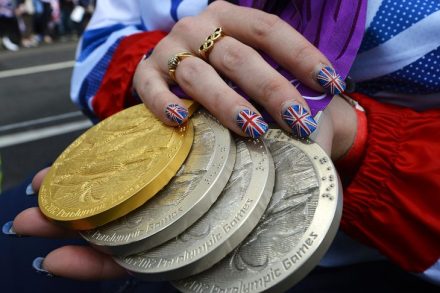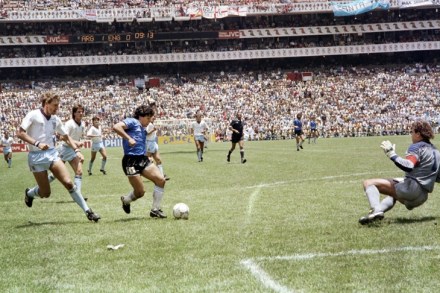Letters | 20 July 2017
Yes to Boris Sir: Get Boris (15 July)! Get Boris to be prime minister, in fact. He is the only possible candidate for the Conservatives who has the flair, the experience, the ideas and the sense of humour to rescue the party and the country from its current malaise. That he has opposition there is no doubt — but then so did Winston Churchill when he was recalled by Lloyd George in 1917 to be minister of munitions, and again in 1940 when he became prime minister. To sideline him at this time would be foolish in the extreme and a further example of the party’s ineptitude. George Burne Woldingham, Surrey














